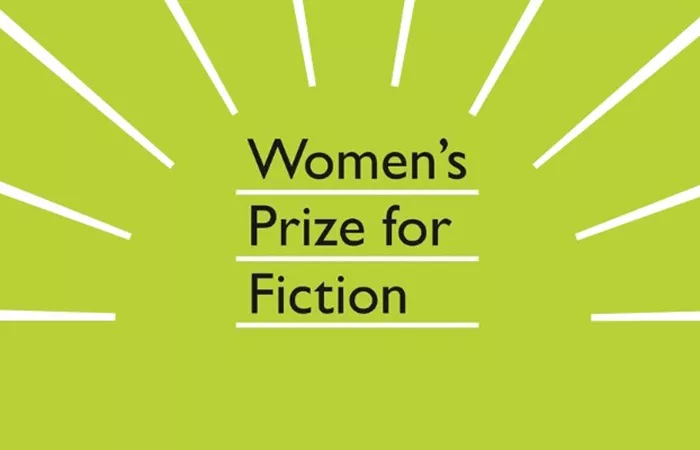In a notable shift from the often solemn tone of literary prize contenders, this year’s Women’s Prize for Fiction shortlist has emerged as the most readable and entertaining selection in recent memory.
Now celebrating its 30th anniversary, the prize appears to be leaning into humour, sensuality, and sharp wit—traits that have traditionally taken a backseat to more somber literary themes. The six shortlisted novels tackle substantial issues, but with an approach that feels lighter and more engaging.
As someone who routinely reads through major literary prize shortlists, I can say this year’s Women’s Prize books break from the convention of dense, emotionally taxing narratives. While previous winners have undoubtedly possessed literary merit, they have often leaned heavily on themes of trauma and despair.
Take Brotherless Night by V. V. Ganeshananthan, the 2023 winner—a beautifully written yet unrelentingly intense portrayal of the Sri Lankan civil war. Or Barbara Kingsolver’s Demon Copperhead (2022), a masterful reimagining of David Copperfield that left readers wading through a mire of addiction, abuse, and poverty.
In contrast, this year’s shortlist offers a refreshing tonal pivot.
Humour plays a central role across the titles. Nussaibah Younis’s Fundamentally delights with bawdy irreverence, while Sanam Mahloudji’s The Persians delivers razor-sharp satire. Miranda July’s All Fours stands out for its bold, boundary-pushing hilarity.
There’s also a palpable sensuality throughout the selection. Yael van der Wouden’s The Safekeep pulses with longing, while Aria Aber’s Good Girl blends desire with hedonism, set against a backdrop of drug-fuelled parties. And July’s All Fours, already noted for its humour, is unabashed in its exploration of sexuality.
Despite their levity, the novels do not lack depth. The list explores themes such as intergenerational trauma, war, migration, isolation, and gender identity—but with a subtlety and clarity that make them accessible without being simplistic.
That accessibility might signal a broader evolution in how literary excellence is defined. In this milestone year for the Women’s Prize, the 2025 shortlist demonstrates that readability and entertainment are not incompatible with intellectual rigor.
Still, not all titles resonate equally. Some shine more brightly than others. Below, I rank each of the six shortlisted books—starting with my least favourite and culminating in the one I believe deserves to win the prize.

